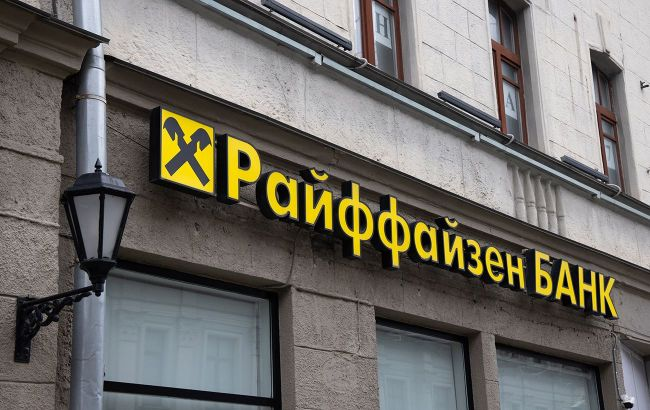Western Banks Navigate Complex Landscape in Russia, Paying Over $800 Million in Taxes Amid Ukraine War Fallout
- Flexi Group
- Apr 29, 2024
- 2 min read
As geopolitical tensions escalate following the Ukraine conflict, Western banks operating in Russia face a delicate balancing act between financial interests and geopolitical pressures. Despite initial pledges to reduce exposure to Russia, the largest Western banks collectively paid over $800 million in taxes to the Kremlin last year, a significant increase compared to pre-war levels.
The European banking giants, including Raiffeisen Bank International, UniCredit, ING, Commerzbank, Deutsche Bank, Intesa Sanpaolo, and OTP, reported combined profits exceeding €3 billion in 2023. This surge in profitability, nearly three times higher than in 2021, was partly fueled by funds that banks couldn't repatriate from the country, leading to a substantial rise in tax payments.
The taxes paid by these European banks, which amount to approximately 0.4 percent of Russia's anticipated non-energy budget revenue for 2024, highlight the significant role foreign companies play in supporting the Kremlin's financial stability amidst ongoing Western sanctions.
Raiffeisen Bank International, boasting the largest presence among foreign lenders in Russia, accounted for more than half of the €800 million tax payments. Its profits in Russia skyrocketed to 1.8 billion euros between 2021 and 2023, representing half of the Austrian group's total profits.
American banking giants, such as Citigroup and JPMorgan, also reported substantial profits in Russia despite scaling back operations. Citigroup emerged as the fourth-largest taxpayer among Western banks in Russia, while JPMorgan encountered challenges in exiting the market.
Western banks have capitalized on sanctions targeting Russia's financial sector, leveraging their access to the Swift international interbank payment system. This has resulted in a surge in net fees and charges for banks like Raiffeisen Bank International, further boosting their profitability.
According to a senior Russian official, both Russian and foreign counterparties increasingly settle cross-border payments in rubles, with transactions often passing through accounts at banks like Raiffeisen Bank International to mitigate sanctions risk and expedite processing.
While revenue, profit, and tax figures for international banks have declined from 2022 levels, they remain significantly higher than pre-war levels. Banks have also benefited from interest rate hikes by the Russian central bank, with the key rate nearly doubling since the conflict began.
Despite mounting pressures to withdraw from Russia, Western banks continue to navigate the intricate geopolitical landscape, carefully weighing financial considerations against regulatory scrutiny and geopolitical tensions amidst the ongoing Ukraine crisis.
By fLEXI tEAM
.png)
.png)








Comments